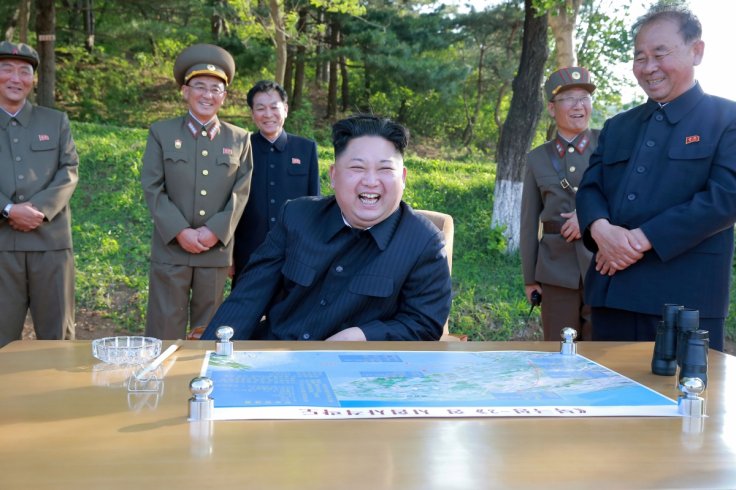At a time when the whole world is finding measures to tackle the deadly coronavirus with the cases rising to more than 64,000 globally, one country — North Korea — has been remaining silent about it despite sharing a border with China, which is the source of the virus outbreak.
Though officials have not confirmed any coronavirus cases in North Korea, certain South Korean news outlets have claimed that the deadly virus has already spread to the isolated country. Now, the latest reports suggest that a North Korean trade official has been shot dead for leaving coronavirus quarantine to visit a public bath. According to South Korean media, the victim, who recently travelled to China, was executed for risking the spread of the deadly virus.
The South Korean newspaper Dong-a Ilbo also reports that a government official has also been placed in isolation at a North Korean farm after he tried to cover up his travels to China. Another official kept in isolation is said to be a member of the country's National Security Agency.
However, even without any confirmed cases of the virus, Kim Jong Un, the Supreme Leader of North Korea, had recently cancelled an annual parade that celebrates the founding of the military's armed forces without giving a proper explanation. This move has fuelled suspicions about the spread of coronavirus in North Korea.
Is isolation enough to prevent the virus?

The secretive kingdom, which shares 880 mile-long border with China, has taken preventive measures to stop the spreading of COVID-19 like blocking foreigners from entering its borders. Kim John Un has imposed military law to enforce a lockdown and has also restricted the movement of trade goods with China.
However, experts claim that the country is not equipped enough to deal with the novel virus due to its lack of medical supplies and healthcare facilities to diagnose and treat the suspected patients. "They cannot produce the medicine they need because of the sanctions. Nothing new has come to the country to updates their medicine or technology," Nagi Shafik, a former World Health Organization official told Business Insider.
Shafik also added that the country does not have laboratory equipment, antibiotics, chemicals, reagents, masks and protective gears for all its citizens.








